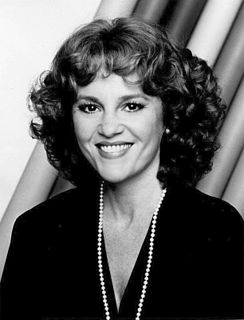A Quote by Patrick Lussier
Movies, over time, as they do or don't find their audience, or they find a different audience, they change in your memory and in the eyes of those who see it.
Related Quotes
On camera, the audience can see your eyes close up - they can see behind your eyes - and when you're on stage, you need to make sure that the person sitting in the back row can feel what's happening behind your eyes, even if they can't see them. Having a live audience is exhilarating and exciting all on its own, but you know, it is quite different.
I think the biggest challenge was being aware of a certain audience that was going to see this film [lone survivor]. There's a big difference from a typical movie, journalists and critics and film goers that go see it find that, that's the general experience you have as a filmmaker. So that just kind of proves my point that there's a really different audience.
Find your own Calcutta. Find the sick, the suffering and the lonely right there where you are in your own homes and in your own families, in your workplaces and in your schools. You can find Calcutta all over the world, if you have the eyes to see. Everywhere, wherever you go, you find people who are unwanted, unloved, uncared for, just rejected by society completely forgotten, completely left alone.
When someone says "that resonates with me" what they are saying is "I agree with you" or "I align with you." Once your ideas resonate with an audience, they will change. But, the only way to have true resonance is to understand the ones with whom you are trying to resonate. You need to spend time thinking about your audience. What unites them, what incites them? Think about your audience and what's on their mind before you begin building your presentation. It will help you identify beliefs and behavior in your audience that you can connect with. Resonate with.
Making a show is also economics. Because the irony is, or the shame of it is, you cannot create a show instantaneously. It needs to be massaged. You need to see who is relating to who. How is it working with the audience? You need to give it a chance for the audience to find it, because there are so many outlets. And the audience doesn't know where to go.




































